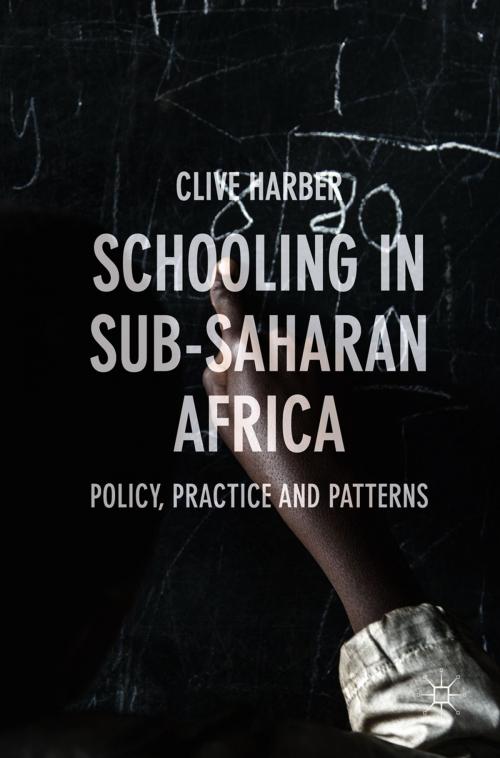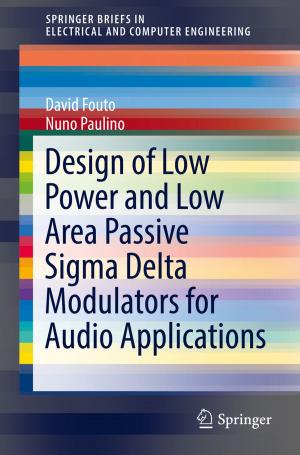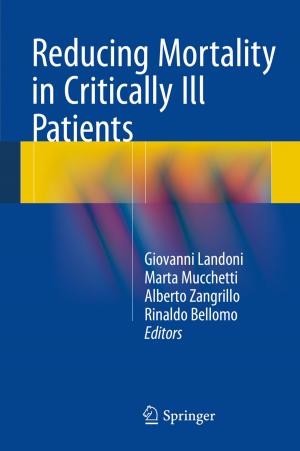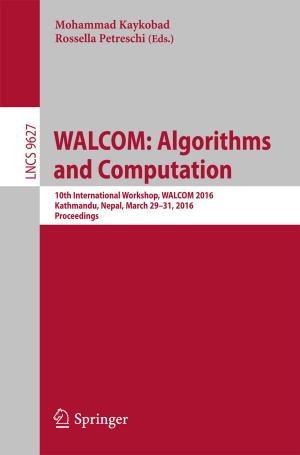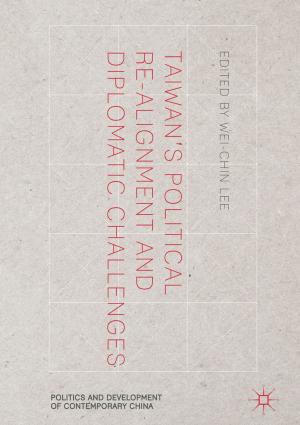Schooling in Sub-Saharan Africa
Policy, Practice and Patterns
Nonfiction, Reference & Language, Education & Teaching, Educational Theory, Educational Reform, Administration| Author: | Clive Harber | ISBN: | 9783319573823 |
| Publisher: | Springer International Publishing | Publication: | July 12, 2017 |
| Imprint: | Palgrave Macmillan | Language: | English |
| Author: | Clive Harber |
| ISBN: | 9783319573823 |
| Publisher: | Springer International Publishing |
| Publication: | July 12, 2017 |
| Imprint: | Palgrave Macmillan |
| Language: | English |
This book is a comprehensive text for those interested in formal education in sub-Saharan Africa. It provides a thought-provoking overview of the key educational ideas, themes and issues facing schooling in Africa today, by drawing on a wide literature to examine evidence concerning both educational policy and the working realities of primary and secondary schools in Africa. Based on the author’s forty years of experience in researching and publishing on education in Africa, it takes a balanced but critical approach to analysing education in Africa, and discusses both positive and negative patterns across the region, as well as identifying differences between and within countries. The book examines major questions of educational provision, structure, content and process but does so in a way that raises challenging questions about gender, inequality, violence, authoritarianism and democracy in education as well the fundamental question of whether education is achieving its desired outcomes. It will be of great interest to students and researchers working in the fields of comparative and international education, education and international development, African education, African studies and development studies.
This book is a comprehensive text for those interested in formal education in sub-Saharan Africa. It provides a thought-provoking overview of the key educational ideas, themes and issues facing schooling in Africa today, by drawing on a wide literature to examine evidence concerning both educational policy and the working realities of primary and secondary schools in Africa. Based on the author’s forty years of experience in researching and publishing on education in Africa, it takes a balanced but critical approach to analysing education in Africa, and discusses both positive and negative patterns across the region, as well as identifying differences between and within countries. The book examines major questions of educational provision, structure, content and process but does so in a way that raises challenging questions about gender, inequality, violence, authoritarianism and democracy in education as well the fundamental question of whether education is achieving its desired outcomes. It will be of great interest to students and researchers working in the fields of comparative and international education, education and international development, African education, African studies and development studies.
